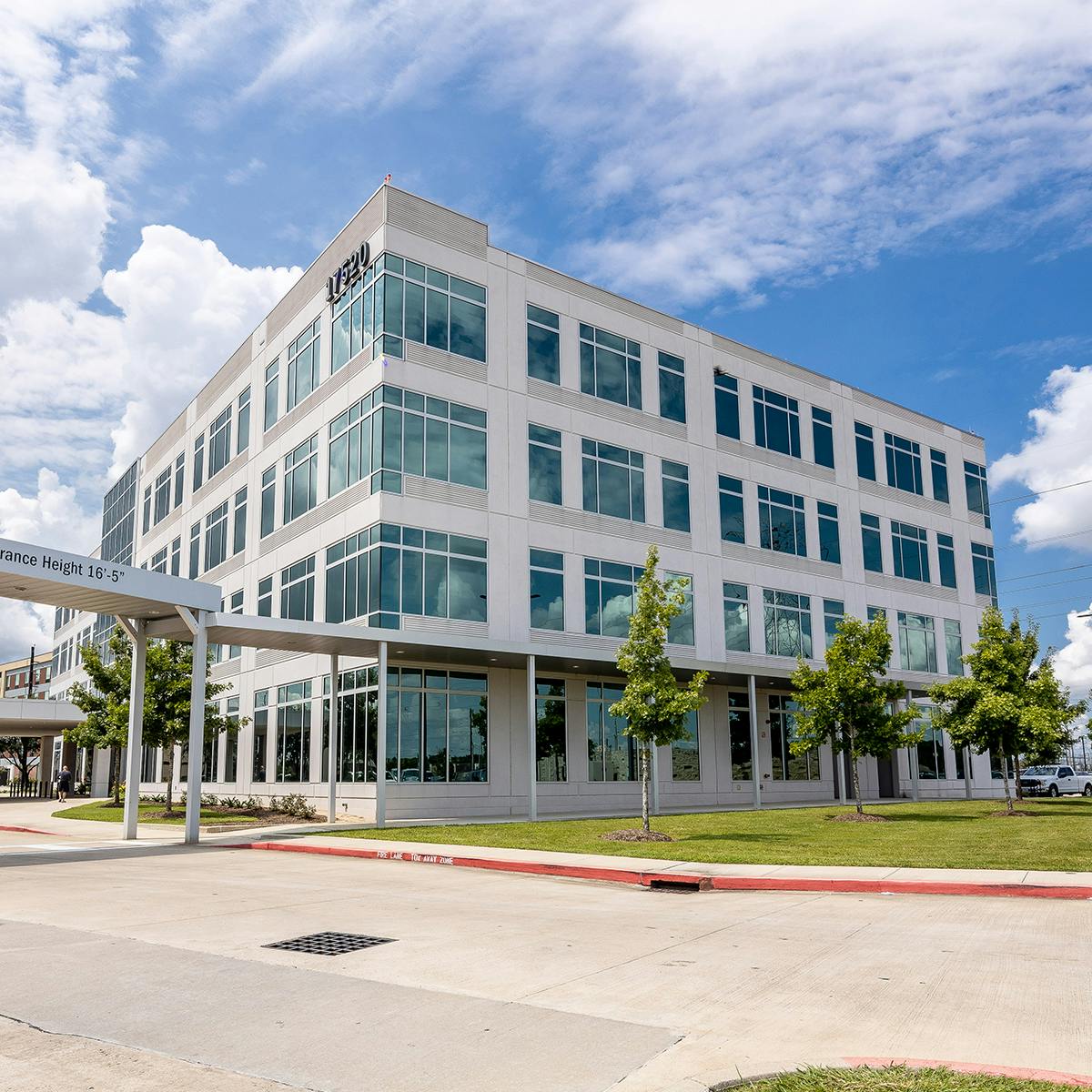Thyroid nodules, including non-cancerous ones, can grow visibly prominent and cause swallowing or breathing difficulties, persistent cough, pressure and hoarseness. Radiofrequency Ablation, or RFA, is a non-surgical treatment that can reduce the size of thyroid nodules and restore thyroid function. As a result, you should experience relief from any swallowing or breathing issues you may have from enlarged thyroid nodules.
How does Radiofrequency Ablation (RFA) of Thyroid Nodules work?
RFA reduces the size of thyroid nodules by using a safe, alternating electric current which disrupts tissue ions as they follow this current, creating frictional heat around the electrode. This heat affects the immediate tissue and ablates the target tissue.
About half an hour before the procedure, you are given a low-dose sedative to help you relax. Additionally, a local anesthetic is applied externally to the treatment area around the thyroid gland. You can usually expect to go home about 30-45 minutes after the procedure, and any post-treatment discomfort is easily managed with a pain reliever such as acetaminophen. There are no restrictions after the procedure except to avoid heavy lifting for the day, and patients can resume other normal activities the same day of their procedure.









